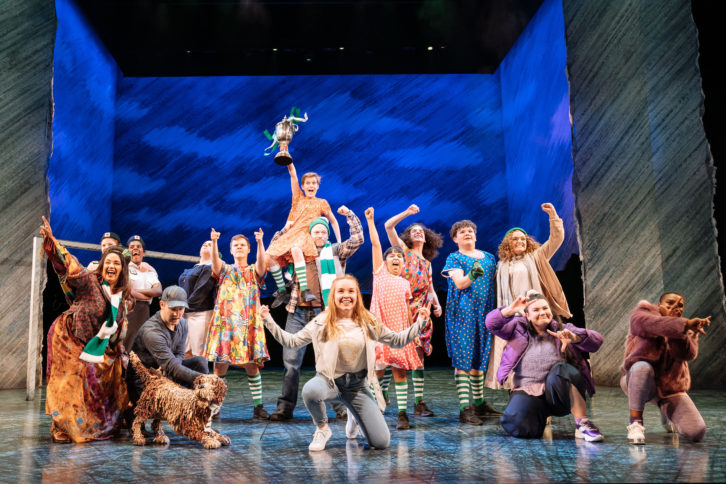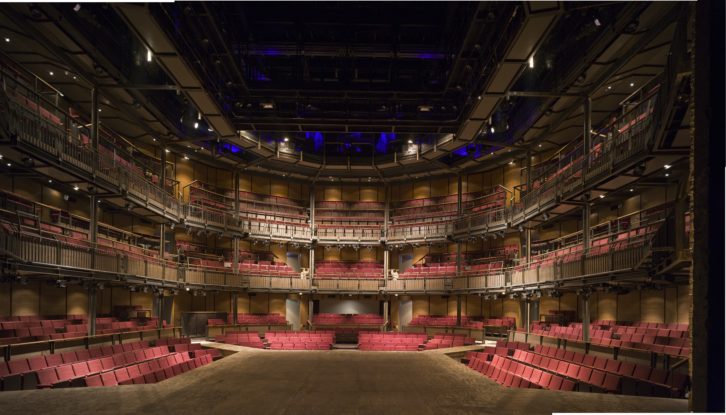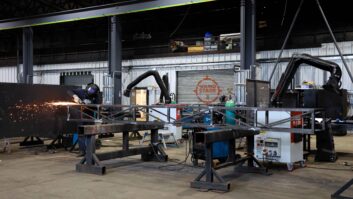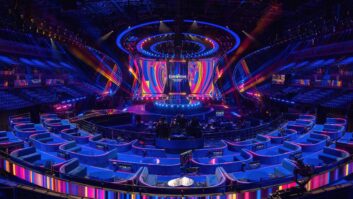The Royal Shakespeare Company has used technology from Blackmagic Design to livestream performances to audiences while the UK has been in lockdown.
The theatre company implemented a live, multicamera production based upon the URSA Mini Pro 4.6K G2 and ATEM Television Studio Pro HD switcher to keep theatre goers entertained.

Productions streamed included The Boy in The Dress, an adaptation of David Walliams’ book, as well as adaptations of Shakespeare’s work by acclaimed author Michael Morpurgo.
“One of the main challenges was, how do we give those productions the same buzz and feel as live theatre?” said the RSC’s Mark Kendrick. “We had to create a workflow that combined our existing theatre knowledge and practices with the principles of broadcast.”
“We decided to film each performance from the audience’s perspective, which meant getting out into the stalls. Every production has been slightly different, and so we adapted the camera positions to suit. However, as a general rule, we had two operated URSA Mini Pro cameras located centrally in the stalls, and a third provided an angled shot from the stage side. We also relied on the Micro Studio Camera 4K to capture wide shots of the stage and auditorium.”
All the cameras were connected over SDI, routed to a Smart Videohub 12G 40×40, and vision mixed via an ATEM Television Studio Pro HD.

Kendricks added, “The image quality from the URSA cameras is exceptional and we are impressed with their build quality and reliability; the cameras often run for more than 12 hours a day, yet never miss a beat. The workflow and integration with the software control and HyperDeck Studio recorders allow us to create macros which made hitting show cues seamless.”
“Our knowledge and understanding of how to capture live theatre has grown considerably, and this has opened up ideas and conversations about what is possible to us post-Covid,” concluded Kendrick. “We will always be a live venue, but this new knowledge could pave the way to reaching more audiences worldwide in the future.”





